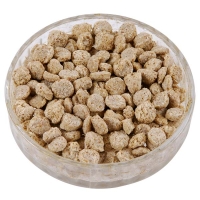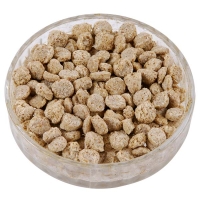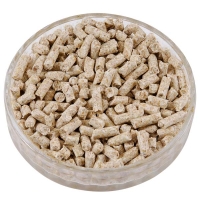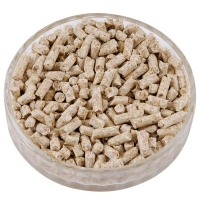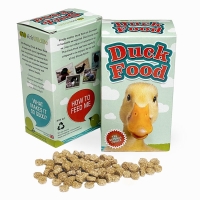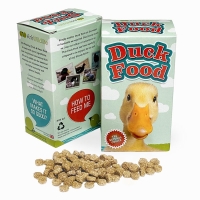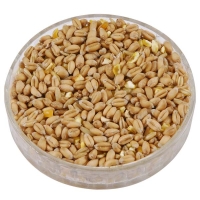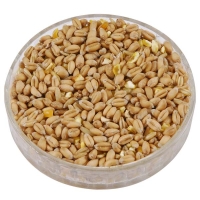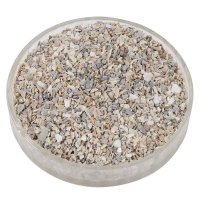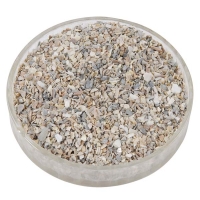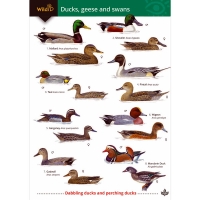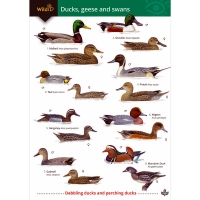Duck & Swan Food
There is something really special about feeding the swans and ducks at the local park or lake. If you are visiting with children or grandchildren, they will love it and this is often a young child’s first encounter with wild birds. You may even be lucky enough to have ducks who visit you in your garden. We have an excellent selection of duck food for you to choose from.
Read MoreOur Duck & Swan Floating Food and Duck and Goose Pellets are designed to help British wildlife and waterfowl by complementing their natural diet with a nourishing supplementary food. By feeding our carefully-prepared and nutritionally-balanced duck food in small amounts, you are helping the bird’s well-being. This is especially important during times of natural food shortage, such as winter, early spring and during the breeding season.
What else can ducks eat?
Aside from specialist duck and swan food, there are other readily available foodstuffs you can treat them to:
- Sweetcorn: tinned, fresh or defrosted frozen sweetcorn
- Rice: it doesn’t matter whether it’s cooked or uncooked
- Lettuce: anything from iceberg to kale is suitable
- Peas: tinned, fresh or defrosted frozen peas
- Oats: rolled or instant oats are fine
- Seeds: whether for birds or humans
Apart from the food we give them, ducks eat algae and weeds found in water. Unsurprisingly, those ducks who live out at sea also eat fish and molluscs.
Can ducks and swans eat bread?
Feeding large quantities of bread or mouldy bread on inland waterways is harmful to ducks and swans, along with all waterfowl. It has little nutritional value to the birds, who can fill themselves up on it, rather than other food which offers more nutritional value. Feeding ducks bread can also increase the spread of disease. It can also lead to greater algae growth, which can clog waterways, crowd out more desirable plants and eventually eliminate fish and other natural life.
Where to feed ducks
Ducks live throughout the UK – in our seas, rivers, lakes and even the smallest ponds. From modest local parks to huge country parks and protected wildlife areas, you’re likely to find ducks wherever there is water.
There are always more to feed during the winter after migratory ducks have joined our resident populations. On any given day, you might discover teals, goosanders, wigeons, shovelers, mandarins and, of course, the distinctive mallard.
How much to feed ducks per day?
For wild ducks, you obviously can’t know how much they’ve already eaten that day, so it’s best to give them small amounts when you feed them. We recommend simply scatter the duck food liberally on the water or bank, feeding as much as the birds will happily consume within 10 minutes or so.
Our swan and duck food will boost birds’ health
All our swan and duck food has been designed to complement all waterfowls’ dietary needs and encourage natural feeding patterns. It is 100 percent natural and fortified with fibre, oils, vitamins and minerals to help boost the birds’ immunity and general health.
The balanced protein level promotes strong growth, successful breeding and feather condition throughout the moult. Our duck and swan food also floats and holds its shape to allow feeding over a longer period.
We can help, talk to us
Do you have questions you would like to ask? We can help and are always happy to answer any questions. We can be reached on freephone: 0800 085 4865.








